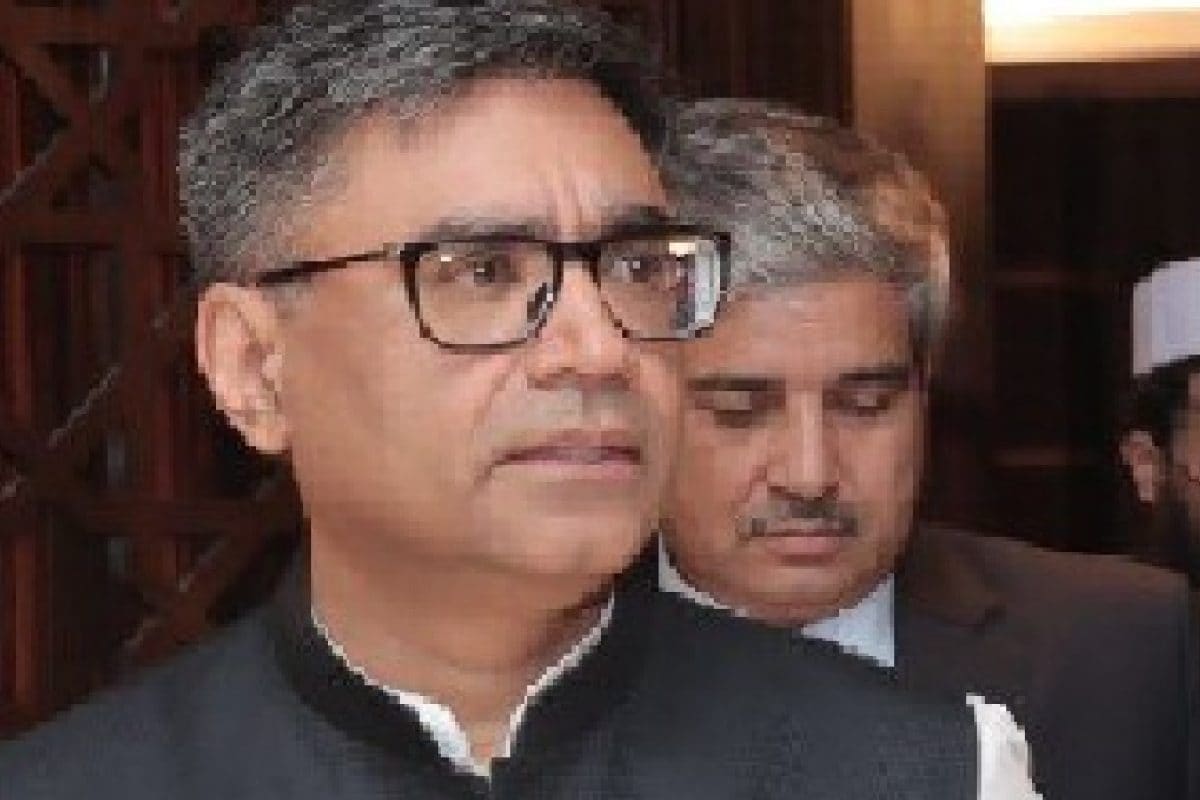

Foreign Secretary Vikram Misri is scheduled to visit Washington, D.C., from May 27-29, 2025, to meet with senior officials of the U.S. administration. This visit is a direct follow-up to Prime Minister Narendra Modi's visit to the United States in February 2025, during which both countries launched the India-U.S. COMPACT (Catalyzing Opportunities for Military Partnership, Accelerated Commerce & Technology) for the 21st Century. The Ministry of External Affairs has stated that Misri's trip aims to strengthen the India-U.S. ties established during the Prime Minister's visit.
The India-U.S. COMPACT is a strategic initiative designed to deepen bilateral cooperation across several key sectors, including defense, trade, and advanced technologies. It signifies a major advancement in the India-U.S. Comprehensive Global Strategic Partnership. The framework is built upon a results-driven agenda with specific outcomes targeted for this year, demonstrating a high level of trust and mutual benefit.
A central component of the COMPACT is a 10-year roadmap to elevate the U.S.-India Major Defense Partnership. This includes enabling co-production and joint development of critical military platforms, such as Javelin missiles and Stryker combat vehicles. Additionally, India is expected to procure six P-8I maritime reconnaissance aircraft to enhance surveillance operations in the Indian Ocean Region (IOR). Both nations also plan to streamline arms transfer regulations to facilitate smoother defense trade.
Economically, the COMPACT targets an ambitious doubling of bilateral trade to $500 billion by 2030. This goal is supported by a comprehensive agreement emphasizing fair trade practices, mutual growth, and national security safeguards. The "Mission-500" initiative is a dedicated effort to unlock trade potential in strategic sectors. To achieve this, both countries are planning to negotiate the first tranche of a mutually beneficial, multi-sector Bilateral Trade Agreement (BTA) by the fall of 2025, taking an integrated approach to strengthen and deepen bilateral trade across the goods and services sectors, working towards increasing market access, reducing tariff and non-tariff barriers and deepening supply chain integration.
On the technology front, the COMPACT launches the TRUST Initiative, fostering joint progress in advanced technologies such as semiconductors, quantum computing, clean energy, biotechnology, and space exploration. It also introduces the INDUS Innovation platform to enhance academic and industrial cooperation in future technologies, signifying a move from simple technology sharing to strategic co-development. This includes collaborations with Indian startups, particularly in the semiconductor industry, to develop fabrication facilities for defense-grade chips.
Beyond commerce and security, the COMPACT strengthens collaboration in energy, especially in nuclear power, clean hydrogen, and LNG, to support climate goals and ensure long-term energy security. It also reinforces shared strategic priorities in the Indo-Pacific region and boosts connectivity initiatives such as the India-Middle East-Europe Economic Corridor.
The U.S.-India COMPACT initiative represents a comprehensive vision for a more integrated and resilient partnership, built on trust, technological leadership, and shared geopolitical interests. Foreign Secretary Misri's visit aims to solidify these gains, address any challenges, and chart the course for future collaboration under this framework.
Furthermore, the visit gains importance given the recent "Operation Sindoor" launched by India to destroy terrorist bases in Pakistan. The U.S. has been in contact with both India and Pakistan following escalations in hostilities, and President Trump has claimed credit for the ceasefire, though New Delhi has clarified that the decision was reached after communication from Pakistan.